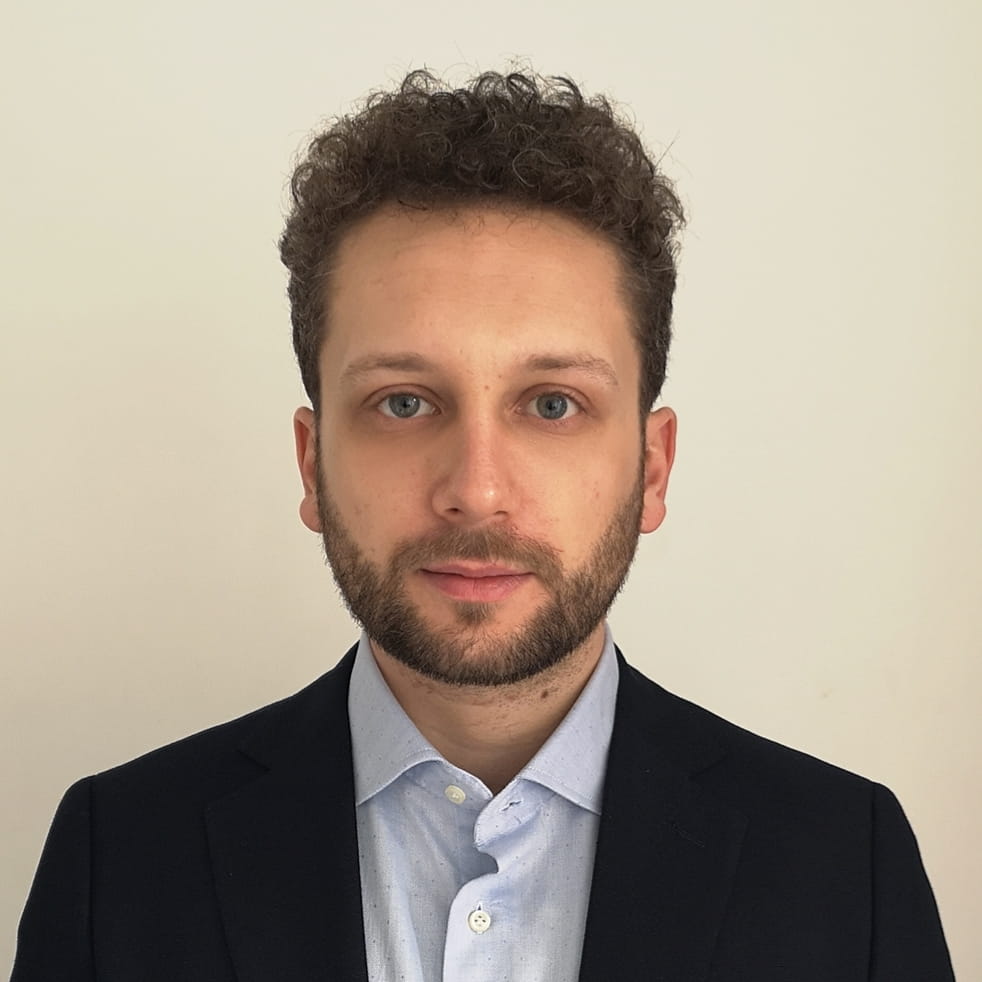"I can honestly state that my MSc in Financial Engineering and Risk Management gave me all the knowledge and tools I needed to face the quite complex world of hedge funds."

My name is Ludovico Luce and I am a Junior Finance and Operational Analyst at FQS Capital Partners, a hedge fund company based in London and New York.
Tell us about your role
I believe that my job title reflects the broad area of the business that my tasks cover. My position is a junior position but, since the company is a small firm, I have the great advantage of working closely with my supervisor and the COO.
I work in the operation and finance sectors of the company, so my tasks are different and vary from small logistical tasks to more complex and finance-related ones, like planning the cash forecast or dealing with the leverage facility. Of course, not all of the tasks I do are fully under my responsibility since I have been working there for a month and a half, but my supervisor has started to give me full responsibility for some relevant tasks. For example, the first task I do autonomously in the morning is the cash check, where I monitor that the custodian on our bank accounts has correctly done what is expected and also that all of the changes and fees we pay are scheduled and executed smoothly and, if not, sort the issue out.
A great part of the finance sector is based on risk management since we are exposed to several layers of risk. One of the tasks I have been assigned is to check one of these layers of risk. The COO was quite surprised when I promptly spotted that the implied volatility of some financial tools we monitor had risen in late February, right after a big fall in the main financial indexes.
On the operational side, I enjoy the things I do since they are giving me a deep knowledge of how a company works and I feel that my work is relevant. One of the first long-term tasks I have been assigned was to redesign the Business Continuity Plan, taking into account also the spread of Covid-19. To do this, I read many internal policy documents and I set up all the safety measures based on several scenarios, including the actual threat of this virus.
How did you get interested in finance?
I come from Rome in Italy and completed my Bachelor in Economics and Business Administration there. I decided to study abroad mainly for two reasons: firstly, it offered a unique experience for me as a person, as well as for my academic career, and secondly, it was due to the nature of the topic I wanted to study.
I wanted to do a Masters degree that focused on practical analysis and I was excited when I came across the description of MSc Financial Engineering and Risk Management at the University of Essex because I felt this was exactly the thing I wanted to study and toward which I wanted to shape my working career.
My interest in finance started during my Bachelors in Italy. I attended a course in corporate finance which covered some of the most common asset pricing models. This was one of the things that impressed me most from the whole programme. Since then, the challenge of applying statistical theories to forecast the behaviour of assets has always been very interesting for me. This is the reason which led me to focus my academic career on finance.
Why did you choose Essex?
My Bachelors in Economics and Business Administration gave me a broad view of the whole business sector and, therefore, it put me in a good position to make a reasoned and thoughtful decision about moving ahead with my career.
I ended up choosing Essex Business School at the University of Essex because of the course it offered. MSc Financial Engineering and Risk Management includes two characteristics that I was looking for: an emphasis on practical analysis and relevance to the graduate job market.
What impact has your Masters had on your career?
It is hard to say which is the most useful module for my current work. Having a practical knowledge of the mechanics of the financial sector has proven to be very useful, so, I would say empirical methods in finance followed by the similar but more detailed financial modelling.
On the other hand, understanding the rationale behind the decisions that the company takes, having a critical point of view of portfolio decisions and the comments regarding quantitative analysis, I would say that risk management together with derivatives securities gave me tools without which it would have been difficult to understand the meaning of the business choices of the company.
Lastly, having the chance to obtain the Bloomberg Market Concept certificate has proved to be highly useful since we use Bloomberg terminals at the office.
My current experience of working for a hedge fund company has served to help make my ambitions clearer. I like my work and I like the hedge fund sector. In the future, I see myself doing a job which will be more related to the market analysis side. A job that also allows me to fully put into practice the knowledge and skills I gained during my Masters.
I can honestly state that my MSc in Financial Engineering and Risk Management at the University of Essex gave me all the knowledge and tools I needed, and that I still need, to face the quite complex world of hedge funds.
Find out more about skills and employability with the Essex Business School



